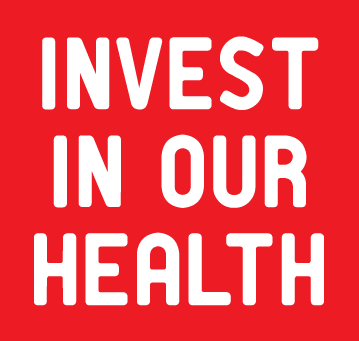What is a strike?
A strike or strike action is essentially a refusal to work which has been organised by a union in support of negotiations for a collective employment agreement. Striking is an employment right which is protected by law.
How much notice does the union have to give before a strike starts?
In the health sector it is 14 clear days. So, if starting a strike on a Tuesday, the notice will be issued on the Monday two weeks prior.
What should I do if I am approached by an employer representative about striking?
An employer representative should not approach, email or attempt to engage in conversation with a union member about strikes or any aspect of the collective bargaining – it is termed bypassing and is deemed to be not acting in good faith (hence an illegal act). If you face this situation, you should advise the employer representative that you do not wish to discuss the matter and refer them to speak directly with ASMS. Then you should let ASMS know this has occurred.
If I go on strike can I be sacked, de-registered or discriminated against?
No. Strike action is a right you have as an employee under the law. You cannot be penalised for exercising your right.
What about the patients?
Great care is taken to ensure that patients are not put at risk during a strike in the health sector and the law says the employer must provide for patient safety. The employer is also required to develop a contingency plan and reduce all non-urgent services – such as postponing elective surgeries, clinics, etc during the strike period or leading up to the strike period.
If the employer believes assistance from ASMS members is required to provide life preserving services (LPS) they can make a request to ASMS (but not to an individual employee).
How do Life Preserving Services (LPS) work during a strike?
This is a legally prescribed process for providing for patient safety during industrial action (Clauses 11-13 of the Code of good faith for public health sector in the Employment Relations Act 2000).
As stated above, if your employer believes they need the assistance of ASMS members to provide LPS then they can make a request of ASMS (but not an individual employee). If cover by members under LPS is agreed, you WILL know if you are working during the strike or not, because ASMS will tell you. If you are approached by your employer but have NOT heard from ASMS, give us a call.
For more general information on LPS visit this link
For more information on local LPS arrangements visit this link
Will my pay be deducted if I go on strike?
If you were not providing life preserving services, the employer is entitled and most likely will make a deduction from your pay for the hours you did not work. If you have a defined lunch break that fell within the strike they cannot deduct for that time nor can they deduct for time you do not normally work. For example, if a strike was set for 12 hours but you only normally work two of those 12 hours you can only be deducted for the two hours you would have worked but did not due to strike action. Equally, if you were on leave and they deducted time, they would have to reimburse you for those two hours of your leave. Check your next payslip. In the first instance, if you think there is a problem query it with payroll. If they can’t provide a satisfactory explanation, let ASMS know.
Why is the proposed strike action of limited duration?
The approach to strike action is deliberately escalatory. Other strike action is being considered by executive. Look out for the strike ballot between September 12 – 15.
What happens if the employer comes back with an improved offer?
The Executive will consider any improved offer, including whether the offer would justify suspending strike action to allow further bargaining to take place. If this occurs, you will hear directly from ASMS.
If I was rostered on call when the strike occurs will I be called back for LPS?
Not necessarily. This will depend on what has been arranged during the LPS process.
Can locums or casual employees strike?
All members of ASMS (including locums and casuals) who are covered by the collective are entitled to strike.
What if I do not want to strike?
Collective action is something that employees may collectively choose to do when seeking to gain collective benefit. Decisions on strike action are made collectively through the democratic process of voting. If we want the benefits of the collective, we must support that. Note that the only employees who can lawfully strike are those who will be bound by the collective agreement being bargained for i.e. are members of ASMS covered by the collective agreement (MECA).
What should I do during the strikes?
You should organise to gather with your colleagues outside and in front of the hospital for a period of time during the strike. It is vital that your action is very visible and as many people as possible are aware of the action you are taking. It is also important to reinforce the feeling of solidarity with your colleagues. ASMS will send further advice of what you can do in your particular location. But the key principles are to be seen, make some noise, and let people know you are striking and why.
If you have another further questions, do not hesitate to contact your ASMS representative or the ASMS National Office on meca@asms.org.nz or call us on 0800 282 767.

